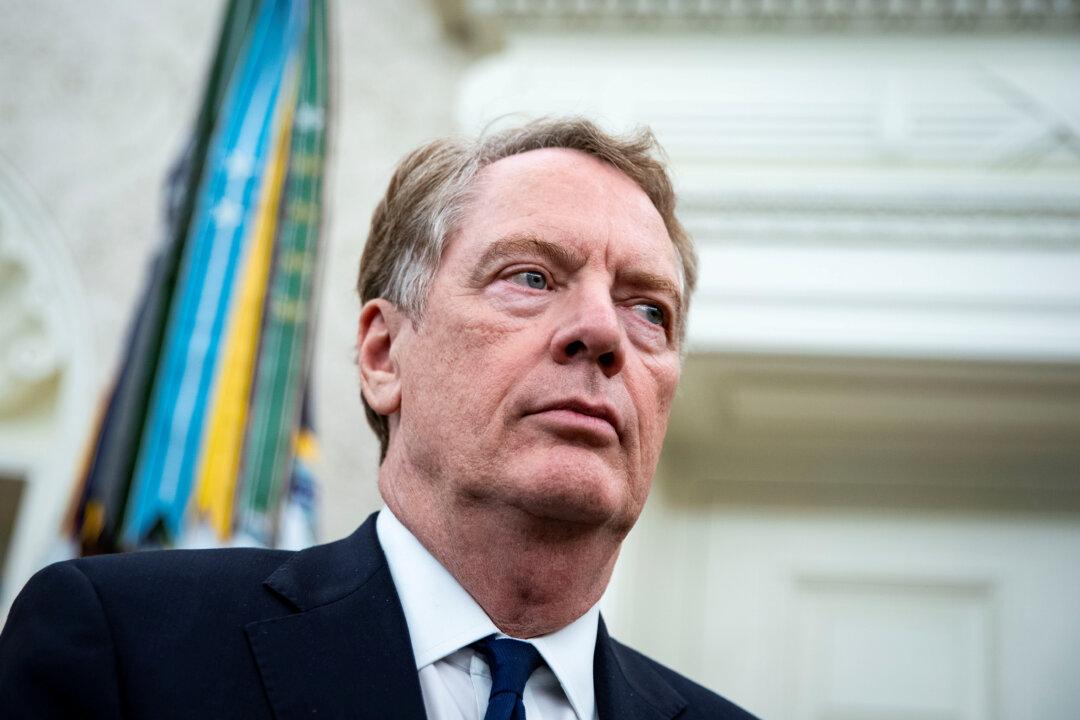WASHINGTON—The Trump administration on Friday announced additional duties of 25 percent on French cosmetics, handbags, and other imports valued at $1.3 billion in response to France’s digital services tax, but would hold off on implementing the move for up to 180 days.
The U.S. Trade Representative’s office said delaying the start of the tariffs would allow further time to resolve the issue, including through discussions in the Organization for Economic Co-operation and Development (OECD). The decision also reflected France’s agreement to defer the collection of its 3 percent tax on digital services.





